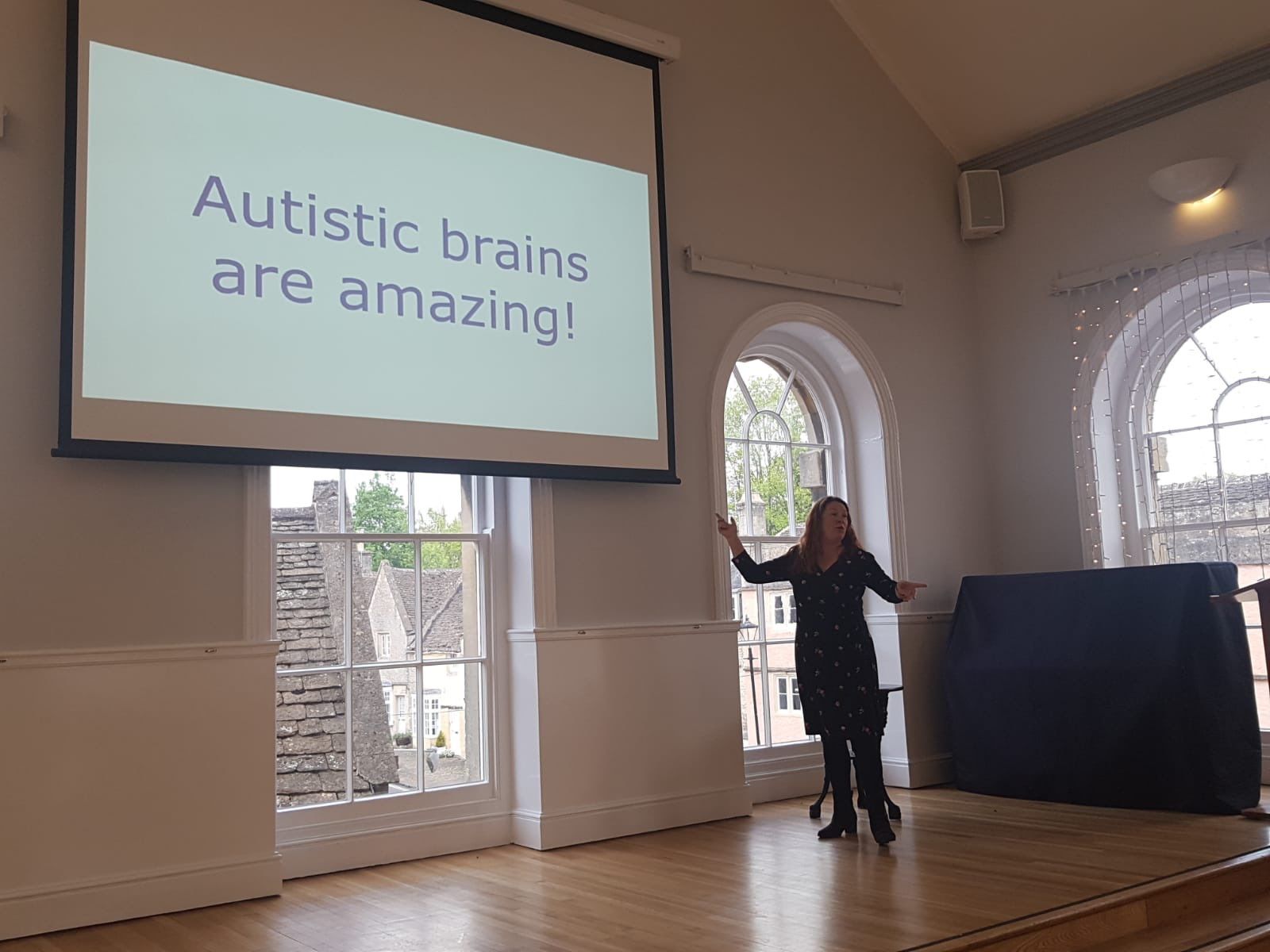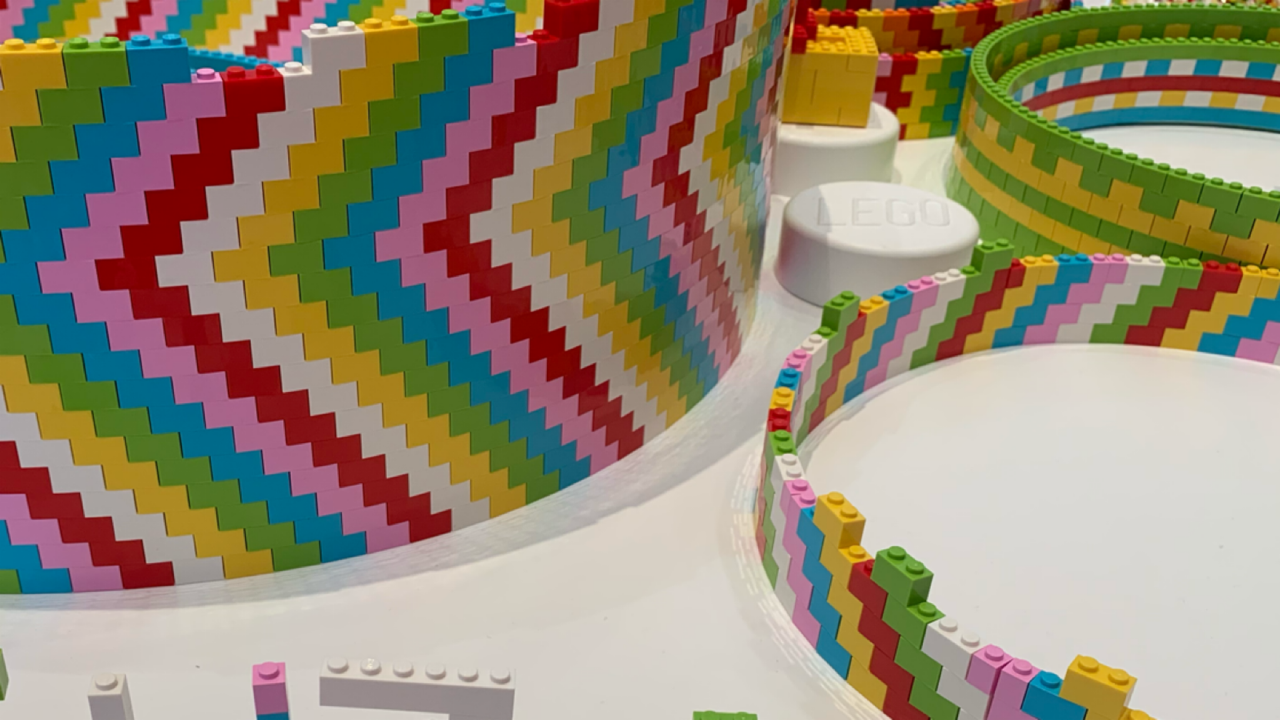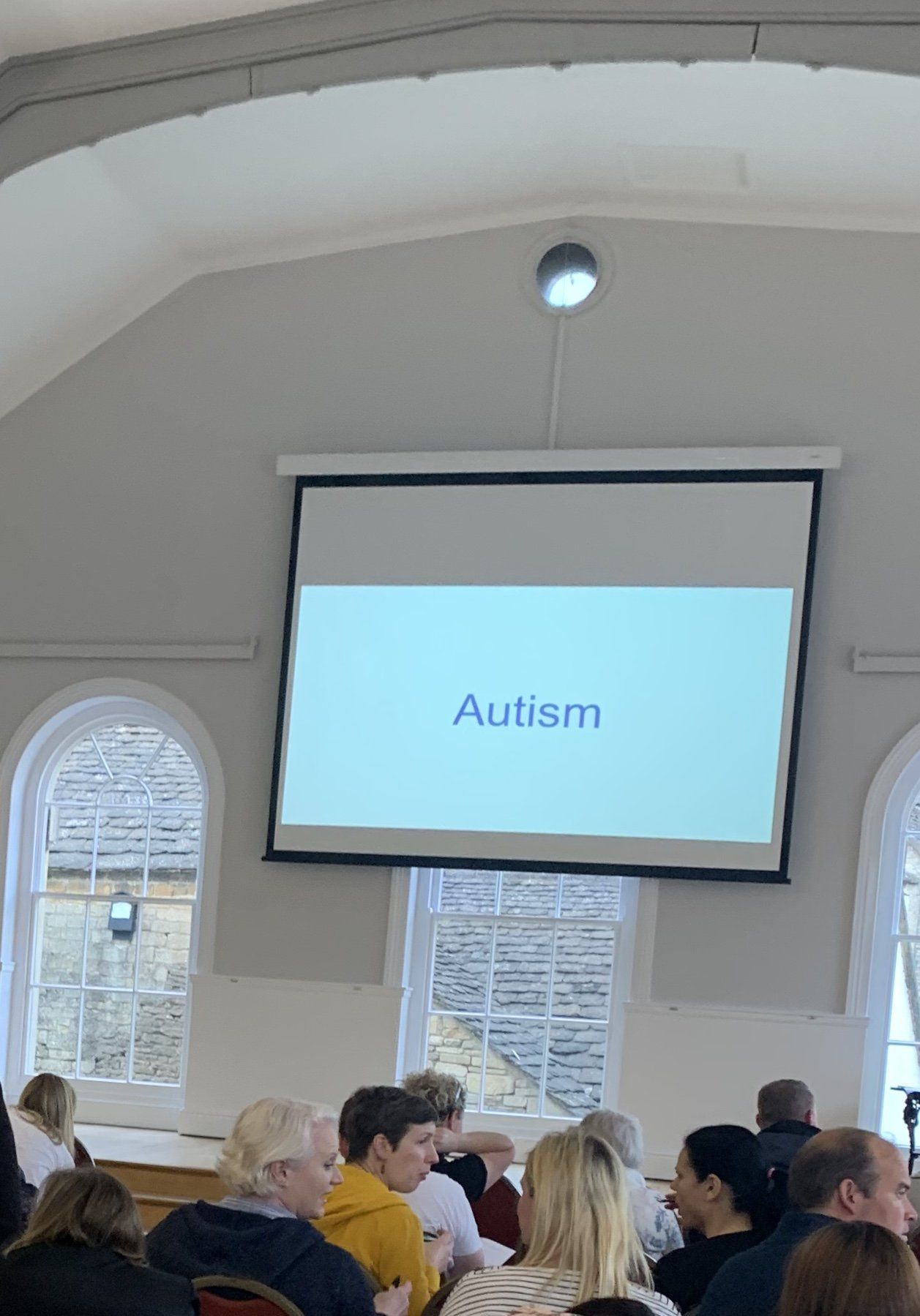Sensory Processing Difficulties
Sensory processing is the recognition of and response to a range of sensory inputs. In Autistic children this system doesn’t work as effectively as it should. Autistic children can be both over-sensitive and under-sensitive to different things. The mix of things is unique in every child. I know a boy who hates chewy meat, clothes labels and aftershave, but loves spicy food, hugs and rollercoasters!
The list of sensory inputs we process each day is vast, and includes:
·Taste – e.g. flavours and textures
·Touch – e.g. textures, touching things or being touched
·Smell
·Sound
·Sight - e.g. lights, movement and colours
·Balance and motion – e.g. spinning or being upside down
·Position and movement of own body –e.g. may bump into things, not be able to clap hands
·Internal sensations – e.g. hungry or hot
If they are under-sensitive, they may not notice or respond to an input, for example not notice when they’re full up or cold. Being under-sensitive to something is often harder to notice, unless the child actively seeks out the missing sensory input.
Signs of being under-sensitive include:
·Constant chewing or licking
·Touching everything
·Making lots of noise
·Moving a lot, struggling to sit still
·Finds writing hard as may over grip a pen
If a child is over-sensitive to something they may:
·Refuse to eat, wear or be near it
·Try and run away
·Be irritated, distracted or unable to concentrate
·Try to break or attack the thing or person causing discomfort
Sensory difficulties are often worse if a child is tired, under pressure, anxious or trying to cope with too much at once.
The things they’re over or under-sensitive to might change over time, but often stay the same throughout their lives. However, as a child gets older the ability to tolerate sensory input usually improves, and they may learn coping strategies
These include:
·Having a quiet, low light’ safe space’
·Sensory blockers, such as ear defenders or sunglasses
·Label free, comfortable clothes or some may prefer tight fitting clothes
·Wearing favourite scent on a scarf or clothes
·Using chewy toys
·Prioritise a healthy, balanced diet – variety isn’t
essential!
by Helen Eaton
Through her work, Helen Eaton (MSc, PGCE) has gained a fascinating insight into both education and the workplace. She combines over 20 years’ experience delivering management training to the UK’s leading IT and Finance companies with a passion for education and a teaching qualification. Now specialising in Neurodiversity, she has worked with many families and professionals, promoting the importance of understanding and supporting Autism and Specific Learning Difficulties. Most importantly, she has a Neurodivergent family and rejoices in the uniqueness of their Autistic, ADHD and Dyslexic minds.
If you reproduce or share this work please acknowledge the source and the author.









